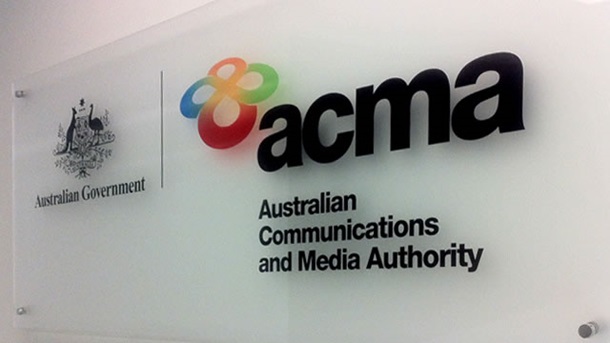ACMA finds broadcasters acted responsibly in Christchurch coverage
The findings have been released from the Australian Communications and Media Authority’s investigation into Australian broadcasters’ coverage of the terrorist attack in Christchurch.
ACMA found that the broadcasters involved acted responsibly in their coverage of the event which occurred on March 15, 2019 and upheld the rules of the various Codes of Practice.



That proves what a complete joke ACMA is. “Responsibly”? Did that include newscasters failing to mention to the public that the NZ Adern government blocked – repeat BLOCKED – legislation to ban and retrieve all automatic rifles on September 5th 2018? The alleged killer’s firearms would have been seized by police before Xmas, as they were registered. Check it out for yourself on the NZ Govt’s own website. Not one news outlet in Australia bothered to check. No, “Saint Jacinda” can never be subject to scrutiny, let alone criticism. That would be real journalism, God forbid. That’s your “responsible” media for you.
YOU ARE WRONG MICHEAL
I genuinely feel sorry for you Michael.
this is useful information by the acma and Michael is totally wrong!